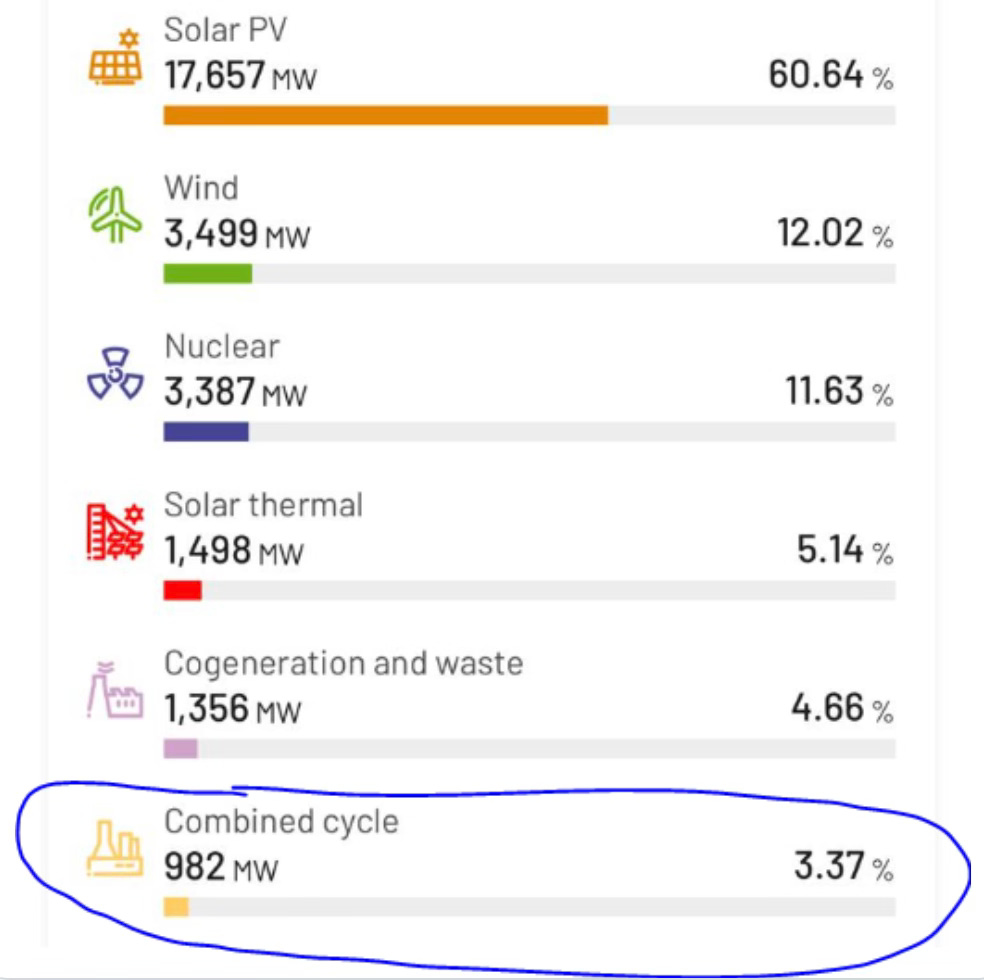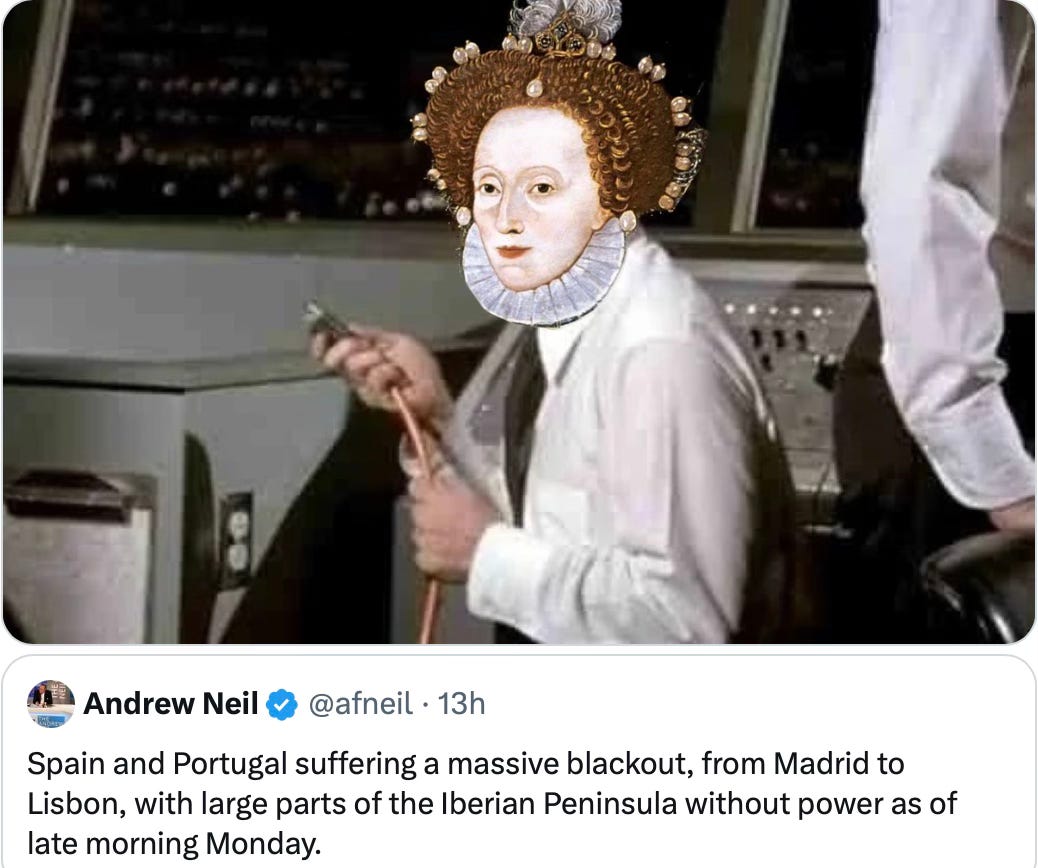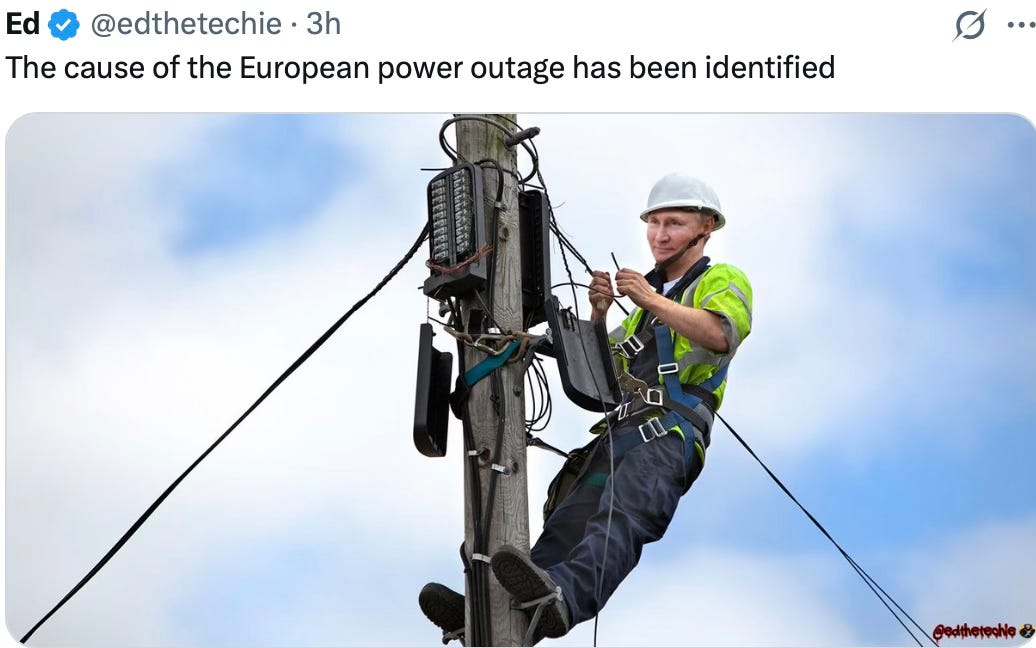Monday Night Briefing
More media malpractice, "meh" on Kamala, and another green energy epic failure
•» You may think you hate the media, but you don’t hate them enough, chapter 12,186. Guess which picture here was chosen by the White House Correspondents Association as the Photo of the Year for 2024:
•» Speaking of hating the media, there’s something ironic about having United Health Care sponsor “The Last Minute of 60 Minutes” this week, in part because every sensible person wishes to see the actual last minute of 60 Minutes, not to mention that the most enthusiastic viewers of 60 Minutes tend to overlap with the vile leftists celebrating the murder of United Health’s CEO a few months ago. Is 60 Minutes trying to commit suicide? Did you catch Scott Pelley’s insubordination to management:
This seems like an open invitation from Pelley to be fired, and one hopes Paramount will do so right away.
•» New poll of California voters from UC Berkeley finds little prospect that Kamala Harris will enjoy another brat summer if she runs for governor. Democrats like the idea, but everyone else (and non-Democrats make up almost 2/3rds of the California electorate—independents are now the largest voting block) is “meh” about the idea—or worse:
Insiders reported feeling “indifferent” more than any other emotion to a hypothetical Harris run, while registered voters were more likely to characterize their reaction as “joyful,” “outraged” or “hopeless.”
The question was put to two distinct survey groups: California registered voters and a selection of “policy influencers.” To generate the influencer sample, the survey was emailed to a list of people including subscribers to California Playbook, California Climate, and POLITICO Pro in California who work in the state. Respondents in that sample included lawmakers and staffers in the state Legislature and the federal government.
This group of in-the-know politicos was notably blasé about the prospect of a Governor Harris, with 36 percent choosing “indifferent” to describe how they’d feel about her hypothetical bid. . .
Sentiments captured in the poll also signal some weakness among groups she would need to keep in her coalition. Independent voters were notably bearish on a Harris candidacy — 26 percent said they felt irritated by the prospect and 21 percent selected “hopeless.”
•» It was just last Friday that Bloomberg’s excellent energy reporter Javier Blas reported that increasing reliance on renewable sources of electricity was increasing risk to the stability of the electricity grid:
The way the world meets electricity demand is changing beyond recognition: Weather-dependent generation sources like solar panels and wind turbines are becoming the largest source of incremental supply in contrast to the dependable sources the world has relied on for the past century — atomic reactors, coal-fired power plants and large hydropower projects. . .
Unfortunately, green activists, who hardly see any problem with electrifying everything, believe any concerns represent little more than attempts to delay a needed transition away from fossil fuels. . . “Systemic challenges will emerge from balancing increasingly renewable-dominated grids during extended low-generation periods," the IEA said on its confidential paper, which was seen by Bloomberg Opinion.
Supply and demand of electrons must match every second, every minute, every hour, every day. The coal, gas, and oil markets have many buffers and stockpiles, smoothing out any glitches. Electricity doesn't have that luxury. That makes the system more vulnerable. A pylon that goes down can trigger a regional blackout.
And just a couple days before Blas’s prescient column, this boast:
Oops.
Notice how little gas-fired power was running at the time of today’s blackout:
Too soon to declaim on the exact chain of causation, and for now I want to direct everyone to follow Robert Bryce on the issue:
To understand what happened in Spain, I called a friend of mine. He is an electrical engineer who has worked all over the world selling hardware that detects problems on the electric grid and helps improve grid reliability. He has worked in the field for decades. Given the early stage of the investigation, he was reluctant to be too definitive. Still, he said it is “highly likely” that Spain’s heavy reliance on solar and wind contributed to the blackout. “What we are seeing across all power systems is that they are more brittle. They don’t have enough inertia. They have far less spinning reserve and margin for error. Earlier in my career, it was common to have a 15% minimum spinning reserve.”
It may be too early to blame alt-energy for the blackout, but it’s clear that Spain’s heavy reliance on solar energy is one of the prime suspects.
Chaser—IYKYK:
Or maybe this is a better version:









Fossil fuels rule. I spent 24 years in the petroleum business, and I know how cleanly gasoline can be refined, transported, sold, and burned with modern technology intelligently applied.
It's funny, if you put up a bunch of dams then more of your supply would be renewable, but supply has zilch to do with demand.
Most generators of energy keep gas turbines or other peak demand mitigations at the ready, so they don't dip too heavily into that 15nor 20 percent reserve. I'm assuming most EU countries do not have dozens of gas turbines ready to kick on during peak consumption days. For all the obvious reasons.
Decarbonization can't occur without base load replacement, and that would largely be nuclear. For those who hate fossil fuels, I wonder if they hate freezing to death in the winter more.